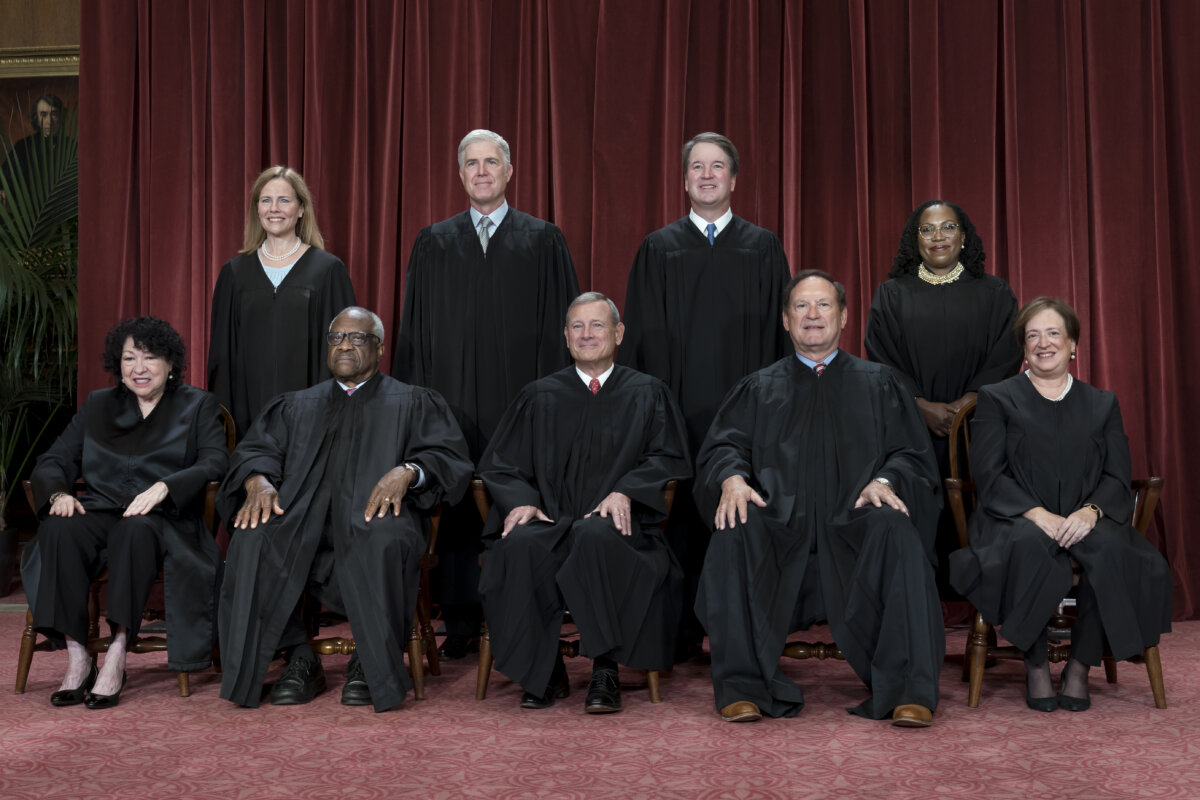 Robert Redford’s latest, “The Company You Keep,” is in theaters Friday. Credit: Sony Pictures Classics
Robert Redford’s latest, “The Company You Keep,” is in theaters Friday. Credit: Sony Pictures Classics
“The Company You Keep,” the ninth film Robert Redford has directed — and only the third he has starred in as well — concerns former members of the Weather Underground, the militant and sometimes violent anti-Vietnam War organization. A longtime Hollywood liberal, Redford has spoken of the film’s political nature elsewhere. But on Thursday, he discussed its other aspects.
“If you had to break it down in terms of which [theme] is more important, the one for my character is obvious: the love of his daughter,” he explains. When the feds start rounding up ex-members responsible for a violent bank robbery, Redford’s character, who’s innocent of those charges, goes on the lam to clear his name. “What happens when you’re passionate and totally committed to something in your youth, and then that evaporates? You grow out of that position and you’re still stuck because of the trap you created for yourself when you were young. What is the cost of that? [The film is] not about that event that took place in 1970. That’s the kickoff. It’s about their lives right now.”
When journalists talk to Redford, inevitably “All the President’s Men,” the 1976 film about the revelation of Watergate, comes up. “That was not about Watergate. That was not about President Nixon,” he maintains. “It was about those two guys and the work that they did. I wanted to put a put a light on something I didn’t think many people knew about, which is: How do journalists work? How do they get a story?”
The film’s portrait of journalism doesn’t quite hold up today. “[Journalism has] changed so drastically, because of the democratization of information. Anyone can put something up. So now it’s harder and harder to find what the truth is,” he says, pointing out that there’s less regulation of the press than then. “The rules that governed journalism when I was younger said you had to get two people to go on record before you could quote a source. That’s gone. What took it away was the need to compete. You had to scoop. Sometimes you couldn’t wait around to do the ethical thing. You had to jump to get ahead of the next guy. It makes Watergate look like a piece of history. It can’t come back.”
Also inevitably, talking to Redford means trying to get scoops on his recent casting in the “Captain America” sequel. He announces, as has elsewhere, that he’s the head of S.H.I.E.L.D., and that he took the job only because he “wanted to do something different.”
He’s more apt to talk about “All Is Lost,” about a man trying to survive a giant storm in the Indian Ocean. That one is genuinely different: He’s the only star and there’s no dialogue. “It was really grueling. It was really hard, tough, physically challenging. But I really enjoyed it because I was putting myself out there.”
When asked if it’s akin to “The Old Man and the Sea,” he laughs. “No, this is much more active. MUCH more active.”
















